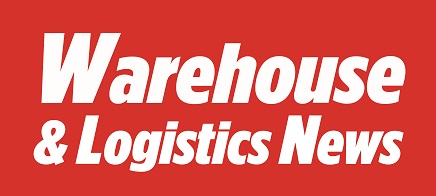Outsourcing transport logistics is a common practice, freeing up time to focus on core business. But finding a cost-effective third-party logistics solution is essential. In recent years, factors like COVID-19, driver shortages, and fuel costs led to price increases. It’s time to re-evaluate your options if contracts end in 2024 or if you’re not bound by formal agreements.
 Market pricing
Market pricing
There are indications that the market is softening despite recent spikes. The TEG Road Transport Price Index provides a monthly overview of the price-per-mile cost for vehicles used in the UK’s haulage and courier industry. According to TEG, the overall price per mile for haulage and courier vehicles increased to 123.3 in September, up from 119.4 in August. With an increase of 3.9 points, this is the largest jump since December 2022. However, year on year, the overall price was down 3.5 points, with courier prices also 4 points lower than last September.
What types of service do you need?
Common outsource partners include third-party logistics companies (3PLs), offering various warehouse and distribution services, including freight forwarding and specialised transport for goods like hazardous items. 3PLs can manage full or part-loads and returns efficiently. For comprehensive solutions, consider a dedicated fourth-party logistics (4PL) partner, which integrates operations, aggregates multiple 3PL services, and ensures seamless IT connectivity.
Selecting the best logistics partner(s)
Choosing the right logistics partner involves a thorough process. Begin by clarifying your objectives. Set specific financial and operational goals. With a growing number of players in logistics outsourcing, market research is crucial. Expertise is often required to assess vendors and identify the best solution.
The tender process
Begin with a Request for Information (RFI) to identify potential service providers and gather information about their services, customer references, and compatibility. Then, use a Request for Proposal (RFP) or Request for Quote (RFQ) to outline the Scope of Work, specifying your requirements.
The evaluation process.
Pricing
Pricing models can be intricate, so seek professional advice to understand the fee structure. Determine whether they offer an open book relationship, providing transparency into their pricing and margins, or a fixed-price contract with cost-plus arrangements and escalations.
Technical expertise
Technical expertise is critical in supply chain management. Given the prevalence of cloud-based solutions, assess the provider’s ability to seamlessly integrate their systems with your existing processes.
Monitoring performance
To effectively monitor performance, agree on key performance indicators (KPIs) and include them in the contract. Some examples include:
•On-time delivery percentage, measuring the frequency and extent of late deliveries.
•Number of loss or damage claims per a specified number of shipments.
•Administrative accuracy, quantifying error-free documentation as a percentage.
Supply risk
Risks can be operational, financial/legal, and impact your brand or reputation. Who carries that risk?
If you need assistance with your logistics tender process, SCCG offers a comprehensive service, guiding you from defining requirements to final negotiation and contracting. We:
•Manage the RFI process to shortlist key service providers for the RFP, if needed.
•Develop the Scope of Work and compile the RFP.
•Assist in evaluating bids, helping you assess value and risks.
•Engage in negotiation and contracting with the chosen supplier, advising on maximising value for your business.
•Implement service level agreements (SLAs) to define the working relationship.
•After selection and contract award, we support implementation planning and review operations to ensure promises are kept.
Contact us at +44(0)1926 430 883 or info@sccgltd.com and let’s take your Tender Process to the next level.




Comments are closed.